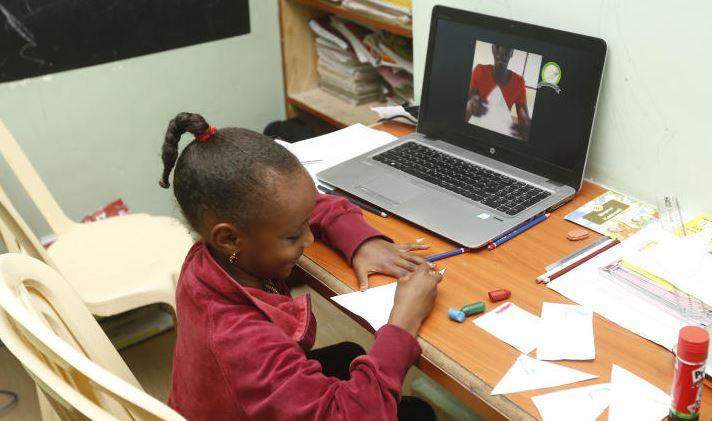×
The Standard e-Paper
Home To Bold Columnists

Sakhu Galma, a pupil at Children in Freedom school, Nakuru, during an online lesson at home. [Kipsang Joseph/Standard]
Out-of-class learning for children in public schools resumes today under a revised timetable even as questions on the effectiveness and reach of the lessons emerge.